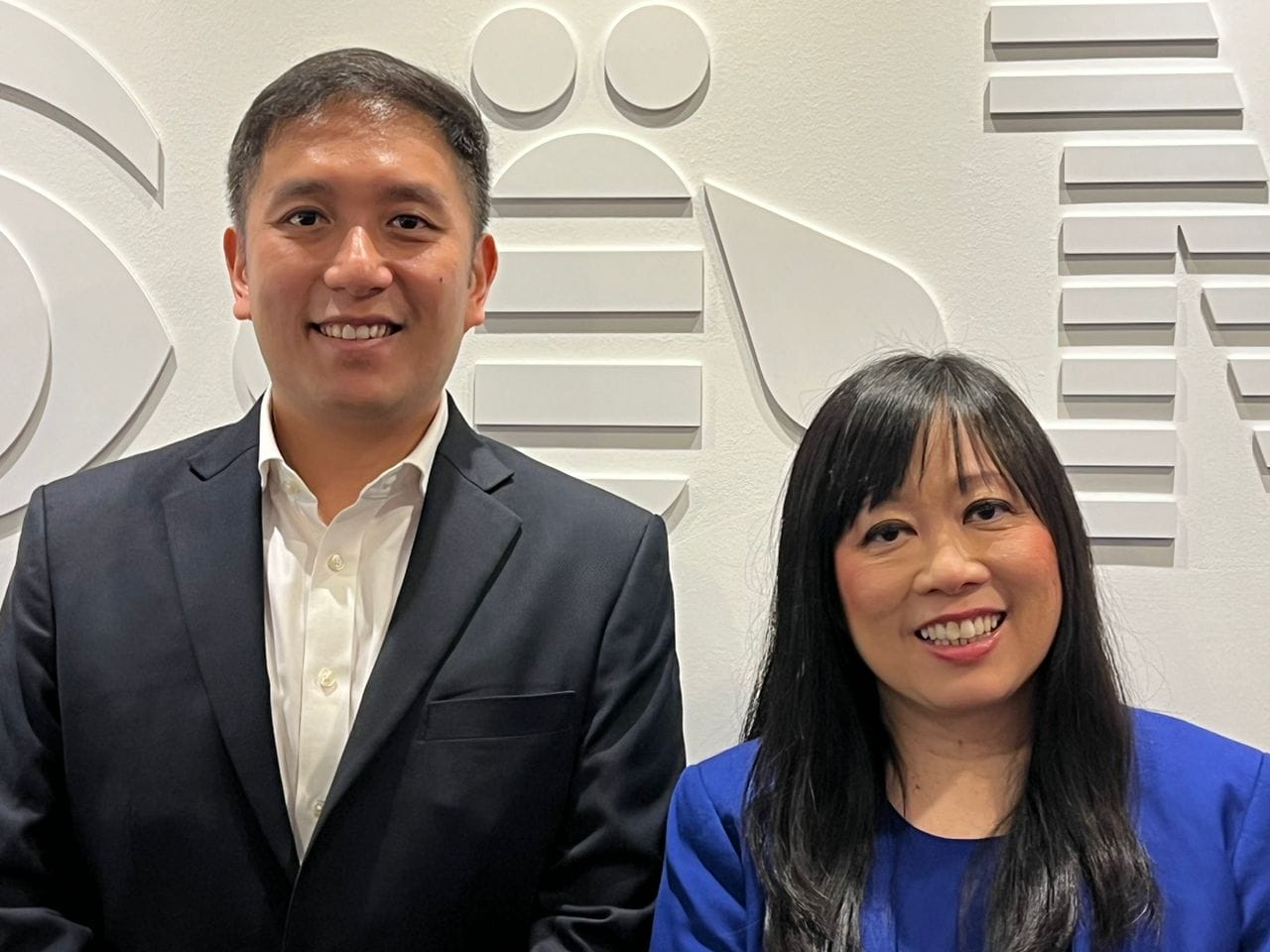IBM’s focus on sustainability, security and reliability, particular vis-à-vis its AI (artificial intelligence) strategy, dovetails well with the current Malaysian Government’s ‘Madani Economy’ economy framework that focuses on technology and productivity, according to IBM Malaysia managing director Catherine Lian (pic).
Specifically, the GovTech (government technology) strategy is all about public data, public services, and public innovation – areas where IBM solutions play a critical role.
“The nation’s holistic digital transformation focused on the accessibility of data to the rakyat; this is a very rakyat-driven transformation journey,” said Catherine at a recent media briefing that was attended by Business Today.
“If you piece the whole Madani story together, there is a convergence between three areas of focus: A public sector focus as had been announced in Budget 2024, a GovTech focus where government is supposed to lead the digital economy transformation through accessibility to the rakyat and the last focus area where we (the private sector) builds the nation’s competitiveness.”
Malaysia’s Digital Economy is slated to approach 25.5% of total GDP (gross domestic product) in 2025 or even earlier, indicating its importance to the nation, as this is nearly the same size as the manufacturing sector, which is expected to contribute to 25.6% of GDP in 2025.
Catherine, in turn, is optimistic and bullish about the Digital Economy’s prospects and equitability, and about IBM’s place when it comes to nation-building efforts in terms of human capital and resource readiness.
“We have been consistent in our efforts to be a preferred solutions provider in the hybrid cloud and AI space, as well as partner with our customers – past, present and future – in their digital transformation journeys.”
IBM Malaysia has been in partnership with the Ministry of Economic Affairs to train upwards of 2,000 talents that will be released to the workforce by the end of September 2024. More importantly, IBM is looking into ways of making 50,000 civil servants in the government become more technology-savvy; driving technological transformation versus simply ‘keeping the lights on’, as Catherine puts it.
Beyond the public sector, IBM globally and in Malaysia has made its mark in the enterprise and banking sectors thanks to its nearly-unmatched reliability, resiliency, and SLAs (service level agreements), with 93% of the top Fortune 500 companies running IBM Power systems, while 90% of Malaysian banks run IBM servers.
Catherine believes that the next frontier for IBM will be in the telco (telecommunications service providers), manufacturing, and energy sectors. Throughout, IBM’s global strategy remains consistent and focused on the hybrid cloud and AI, undergirded by the power of open-source platforms (as evidenced by IBM’s acquisition of Red Hat).
AI has become a big enabler in terms of trying to leapfrog the economy and also improving productivity within the country. Security is absolutely key when it comes to AI; there is a need to establish trust in AI systems, and cybersecurity is a key part of platform resiliency, both from an availability standpoint as well as a cybersecurity standpoint, to prevent ransomware and malware.
It is with this in mind that IBM’s product and technology solutions portfolio has been developed, especially with the Power server range, which has been engineered for agility.
“The Power range, especially the current-generation Power10, was designed to accelerate AI, secure the enterprise and perform computations more sustainably, allowing it to do more with less energy and costs,” said Catherine in the presence of IBM Head of Power Systems (ASEAN, ANZ and Korea) Francis Ong (left in pic).
Thanks to its transparent memory encryption and fully homomorphic encryption capabilities, with 4 additional crypto engines per core on the Power10 to ensure minimal performance penalties, the Power range offers superior and enhanced cybersecurity with zero configuration required.
The IBM Power range also provides enterprises with powerful AI capabilities that enable them to customise their AI differentiators to suit their individual requirements, providing their customers with better and more tailored experiences. And thanks to the efforts that IBM has placed in ensuring that its products are designed and manufactured to be more sustainable while remaining high-performance, the IBM Power S1022 can process up to 42% more batch AI queries per second than on a comparable x86 server, while incurring 40% – 50% lower costs and reducing carbon emissions by up to 5X.










